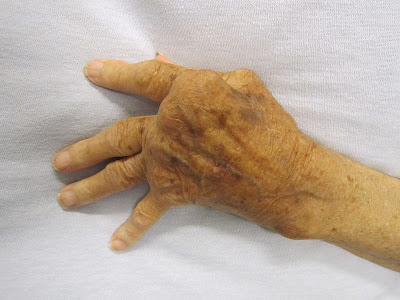We’ve become dependent on prescription medications in the U.S. This is a fact. A Mayo Clinic report published in July of 2013 says so. Over a 12-month period, 68.1% of all Americans received a prescription from at least 1 drug group, 51.6% received prescriptions from 2 or more drug groups, and 21.2% received prescriptions from five or more drug groups [1]. To say it another way, we’ve become a nation of pill poppers desperate for answers to our most pressing health concerns.
Now turn back the clock a bit as I enlighten you with a glimpse into my personal background. At the turn of the 21st century, I found myself sitting in a university classroom trying with all my might not to nod off, as I gazed half asleep at my college professor lecturing intensely in the front of the room. He was describing in great detail how zero- and first-order kinetics of various types of drugs required separate algorithms to calculate their final half-lives and serum concentrations. (Now you understand why I was trying not to nod off!) Had I known back then that my professor’s valiant teaching efforts—well-intentioned as they may be—would largely prove inadequate in my efforts to bring health to others as a pharmacist, I would’ve undoubtedly found a different classroom to sit in. I was, however, naive to the point of understanding the actual shortcomings of the pharmaceutical world as they existed. And so I carried on.





































.jpg)














